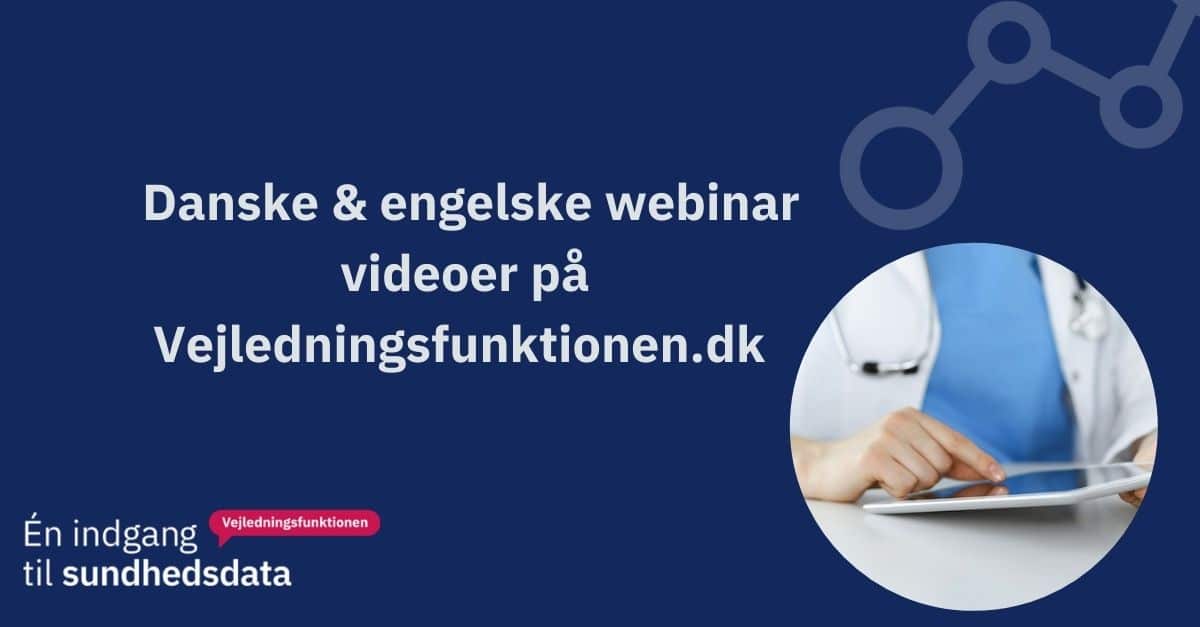
Good Clinical Practice and GCP units
Good Clinical Practice and GCP units The Guidance Function frequently receives inquiries regarding assistance with the regulations governing trials with medicine and medical equipment. Therefore, we would like to share this information and, in this newsletter, elaborate on what Good Clinical Practice entails and how GCP units can provide assistance. Good Clinical Practice (GCP)GCP is an international ethical and scientific quality standard for the conduct of a clinical trial involving human subjects. GCP describes the ethical and scientific aspects of a clinical trial and could be descripted as the clinical trial’s “ISO standard”. GCP includes all aspects of a clinical trial, from the planning phase, the implementation of the project, and the reporting of the results. The purpose of GCP is to ensure that the subjects’ rights, safety and well-being are safeguarded. Furthermore, ensuring that the collected data is valid, complete, and well documented. Futher information about Good Clinical Practice can be found at the GCP units’ collective website (in Danish): GCP og Lægemiddelforsøg – GCP-Enhederne GCP unitsIn Denmark, we currently have three GCP units: Aalborg/Aarhus covering the North Denmark Region and Central Denmark Region, Odense covering the Region of Southern Denmark, and Copenhagen covering Region Zealand and the Capital Region of Denmark. In 2024, an independent GCP unit will be established in Aalborg for the North Denmark Region. These GCP units offer guidance and monitoring for trials with medicine and trials with medical equipment to ensure compliance with GCP guidelines. They provide monitoring services for clinical trials with medicine led and initiated by non-commercial or public researchers affiliated with university hospitals, regional hospitals, and universities in Denmark. This service extends to all public trials that require notification to the Danish Medicines Agency. Each GCP unit has its own regional website and contacts, which can be found on the respective regions’ websites or on the GCP units’ collective website: GCP-unit.dk. Here, more in-depth information about GCP is available, along with access to a Danish e-learning module providing a comprehensive introduction to Good Clinical Practice and its components. Remember that the Guidance Function is a free advisory service for both public and private researchers, both Danish and international. You can always reach out to us at info@vejledningsfunktionen.dk or call us at +45 2494 7969. News from the Guidance FunctionWe welcome your suggestions for content for the Guidance Function newsletter. Please submit any suggestions to info@vejledningsfunktionen.dk. Opening hoursMonday – Thursday between 10:00 – 14:00Friday between 10:00 – 13:00Tel.: (+45) 2494 7969





